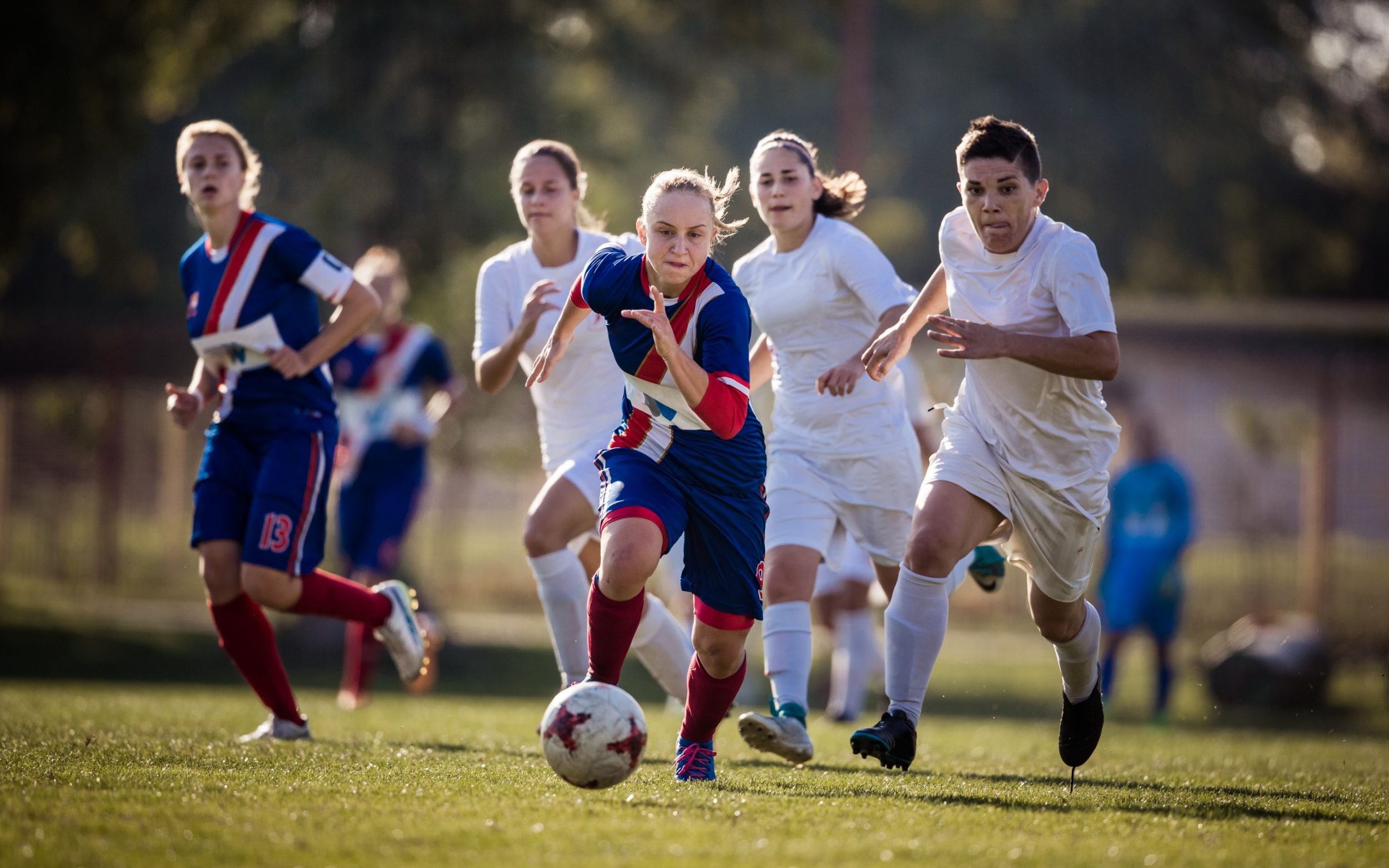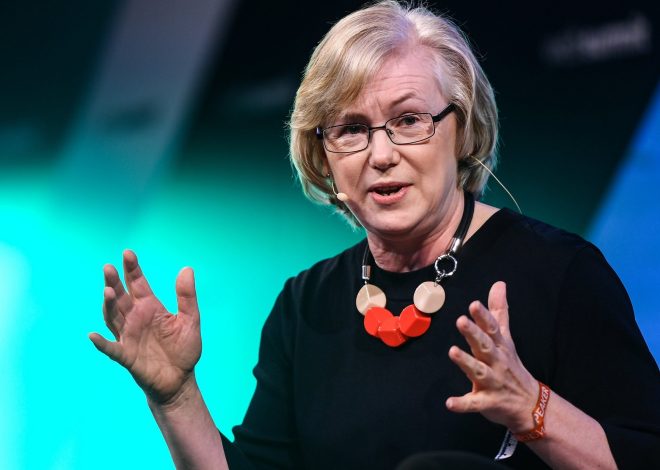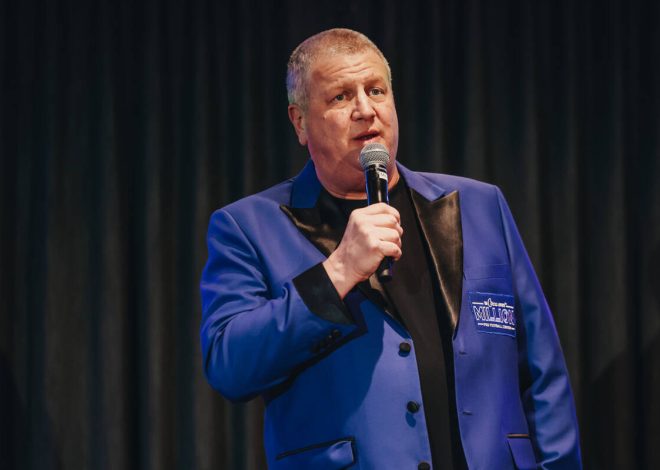
Women in Sport is calling to protect women’s sport at all levels from transgender athletes
Women in Sport argues that almost all sports are influenced to some extent by biological differences between the sexes and that universal clarity would also be preferable for transgender women so that other avenues of inclusion, such as the potential introduction of open categories, can be developed more actively.
The charity, founded in 1984, decided to state its position publicly following conversations with women and girls who say they are currently caught between silently accepting unfair competition and speaking out in what has become a debate toxic.
“In 2023, few in the UK will actively and openly seek to deny women and girls access to sport,” the Women in Sport statement said. “But our concern is that if we continue to ignore the biological differences between men and women, and between girls and boys, we are inadvertently doing just that. It is impossible for anyone to right the injustice, lost dreams, and memories of generations past, but we cannot fail another generation of girls today.
“The best science currently available concludes that ‘there are clear lifelong physiological advantages in the adult male, only some of which can be reversed.’
“These benefits show why it is vital for fair sport that the female category in competitive sport – all competitive sports – is protected for women and girls born. Collisions, fights and other contact between boys and girls, men and women are inherently much more dangerous for girls and women. Fear of this type of physical injury can and does lead to women’s self-exclusion.
“New and better approaches are needed to enable transgender inclusion in sport and ensure everyone can compete safely and fairly.”
There has been deep frustration with progress from governing bodies since the UK’s Sports Councils published new guidance more than two years ago stating that inclusion could not be balanced with safety and security. equity. Cycling, for example, faced the threat of boycotting its national championships last year when Emily Bridges, a transgender woman, signed up for the competition after apparently meeting all testosterone-lowering requirements. She was then told that she could not compete and was left in limbo for more than a year while the policy was reviewed. There is a feeling that sport not addressing the problem has become the worst situation in the world. There is also concern that governing bodies prioritize elite-level politics and neglect the grassroots.
Among those who have contacted Women in Sport is a soccer player who says she stopped playing after the experience of competing with and against transgender women. “Women have lost their category … while men’s sport is unaffected,” she wrote.
“In everyone’s efforts to make trans women feel safe and included, I feel unsafe and excluded. Adults transitioning from male to female have had a lifetime of male socialization and experience training and playing male/male soccer, giving them numerous advantages beyond their biology and the advantage of having undergone male puberty.
The FA says its transgender policy “has enabled many positive outcomes for people who want to enjoy and play football in their affirmed gender or in a safe and inclusive environment”, but that it is currently under review.
Parkrun, which allows participants to self-identify but also allows them to select “another gender identity” or not register a gender, says its events are “community-led, socially focused physical activity events, organized with l “objective of improving public health”.



